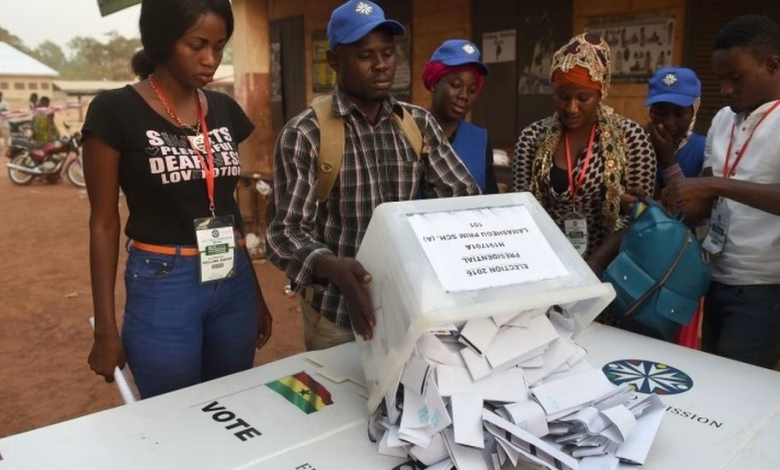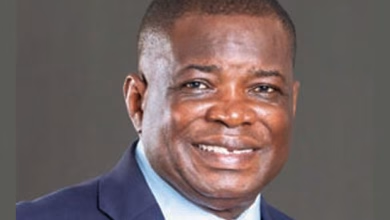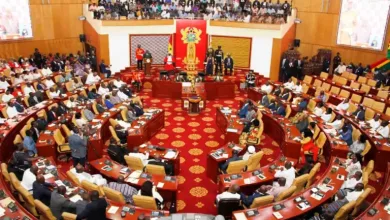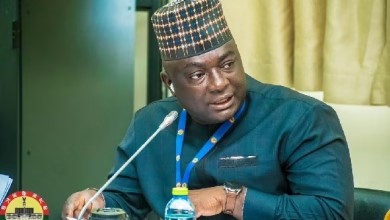Economic Factors to Influence Ghana’s December Elections

- Economy and citizen welfare to impact Ghana's elections.
- Ghana's economy grows 4.7% in Q1 2024.
- Elections, inflation, and interest rates pose economic risks.
- Recovery expected from 2025 with decreased prices and increased mining output.
Deloitte, a renowned international accounting and auditing firm, has released its August 2024 West Africa economic outlook report, highlighting Ghana’s upcoming elections as a critical event. The report emphasizes that the country’s economic situation and citizen welfare will significantly influence the outcome of the polls.
Ghana is one of several West African countries heading to the polls this year, and Deloitte notes that voters will carefully consider the current economic conditions and their personal welfare when evaluating campaign promises and choosing the next leader.
Ghana’s economy, heavily reliant on cocoa and gold, will be a central focus in the elections. The country’s economic growth potential is stronger compared to Nigeria, according to Deloitte’s report.
In the first quarter of 2024, Ghana’s economy expanded by 4.7% year-on-year, with a notable 6.8% growth in the industrial sector. However, the agriculture and services sectors grew more slowly, at 4.1% and 3.3%, respectively.
Ghana is currently recovering from a debt crisis, with the government restructuring its $30 billion debt. The report acknowledges the government’s efforts to address the debt crisis and notes that the Bank of Ghana’s monetary policy measures have been effective in reducing inflation.
The country has secured two rounds of IMF disbursements this year, totaling $1.56 billion since 2023. This support has contributed to a positive short to medium-term economic outlook.
Despite the positive outlook, Deloitte cautions that the upcoming elections, high inflation, and elevated interest rates pose risks to economic stability. These factors are impacting consumer spending and investment, which may affect the election outcome.
A quicker recovery is anticipated from 2025, driven by expected decreases in consumer prices and further cuts in interest rates. Additionally, mining output is projected to increase due to the recommissioning of the Bibiani gold mine and production from the Ahafo North gold mine.
However, cocoa production, a key economic driver, may face challenges due to climate conditions, smuggling, disease, and fluctuations in global commodity prices. This could impact Ghana’s economic growth and influence voter decisions.
Deloitte’s report highlights the significance of economic factors and citizen welfare in Ghana’s upcoming elections. The outcome of the polls will depend on how voters perceive the government’s handling of the economy and their personal wellbeing.






